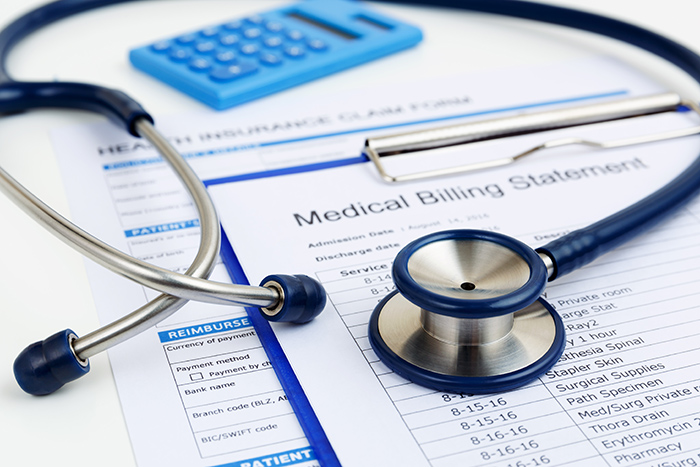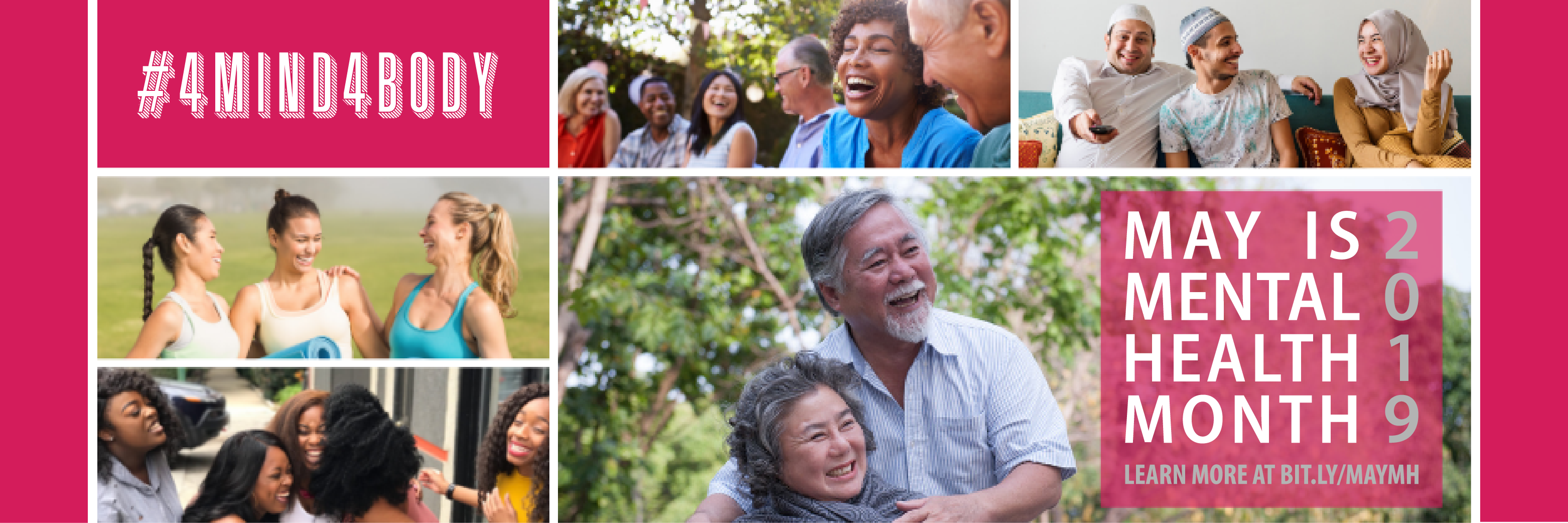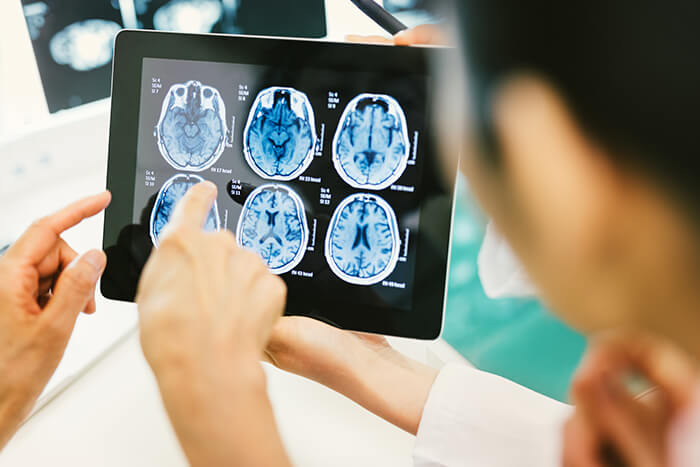TMS VS Antidepressants
October 15, 2019
The World Health Organization tells us that depression is the leading cause of disability in the world. (1) It’s no surprise that researchers are determined to find safe and effective depression treatment options and protocols to help patients find relief from depressive symptoms. There are two major studies — the…









